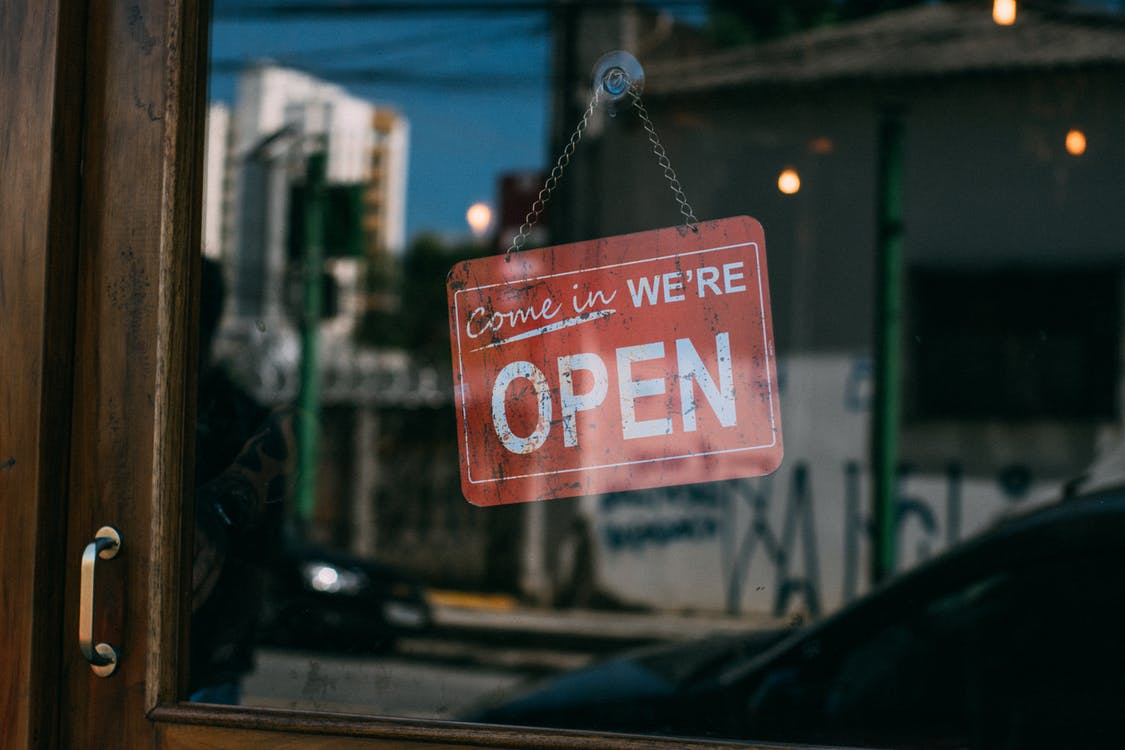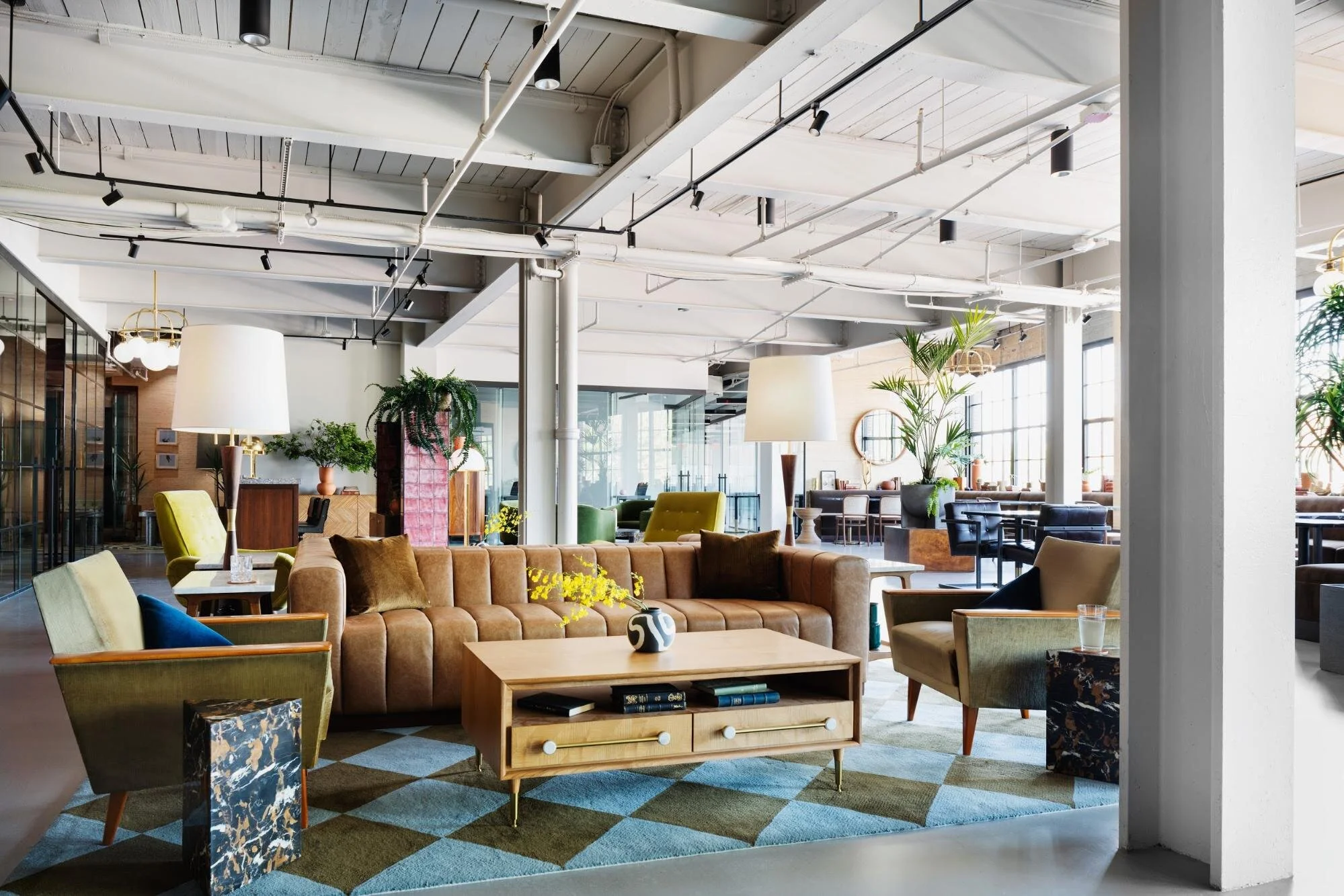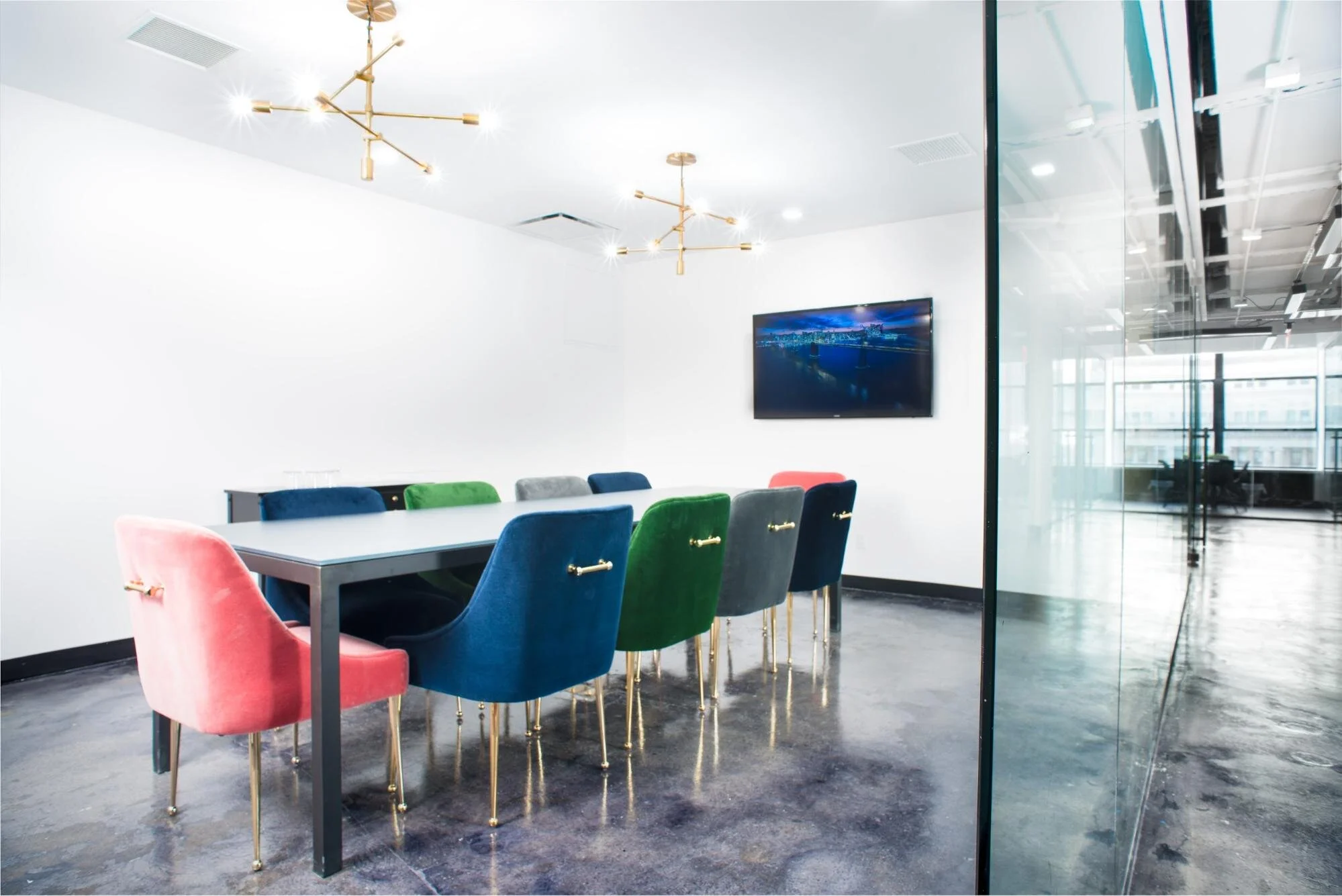By Bond Collective Staff
One of the first things any entrepreneur should think about when striking out on their own is, “How much does it cost to start a business?” This is important because most small businesses fail early on as a result of running out of the working capital necessary to cover costs.
In this article, the experts at Bond Collective provide insight into the costs associated with starting a business and give you tips for staying under budget.
How Much Does It Cost To Start A Business?
Every business is different, but most fall into one of three categories when they’re first beginning:
-
Solopreneur
-
Startup
-
Small Business
In this section, we’ll examine those categories in more detail to help you answer the question, “How much does it cost to start a small business?”
Solopreneur
Whether you consider yourself a solopreneur, a freelancer, or a digital nomad, starting a business of this size and scope may require very little — if any — starting capital.
Most professionals in this group work from home and use what they have on hand to get the business going, reinvesting their profits later in order to expand.
If your nascent business falls into this category, it may cost you anywhere from zero to $1,000 for equipment, supplies, and workspace.
Regardless of where you work in the beginning — your living room, a library, the local cafe — one of the best ways to grow your business at this level is to transition into a dedicated work environment, like those offered by Bond Collective.
There, you won’t have to worry about infrastructure, your image, or outgrowing your existing space.
Bond Collective provides all the benefits of a professional coworking environment with the flexibility to expand and contract your workspace footprint according to the needs of your business.
Get a head start for your fledgling business with these informative articles:
Startup
A startup is a larger endeavor than a solopreneur-driven business and usually involves at least a partner and maybe even a few employees. At this level, it’s more of a micro-business than anything else.
Of course, over time, your startup will grow. But, for now, you can keep costs low — anywhere from $3,000 to $5,000 on average — by exercising the budgeting tips in the next section.
For insight into creating a successful startup, check out these articles:
-
What Is The Difference Between A Startup And A Small Business?
-
Market Research For Startups: The Ultimate Guide For Entrepreneurs
Small Business
A small business is the largest of the three categories.
Granted, every business may only start with one or two founders, but a small business grows quickly — if not immediately — into something that requires a fairly large team to run.
Costs to start a small business range anywhere from $7,000 to $10,000 or more depending on the niche it occupies.
Because of the up-front capital expenditures necessary to get a small business off the ground, it’s crucial to do everything you can to keep costs as low as possible while still providing for your customers.
Here is more information for those considering starting a small business:
-
Business Strategy: 7 Straightforward Tips For Building A Winning Business
-
What Is Business Development And How Is It Different Than Sales?
Now that you have a much better idea of how to answer the question, “How much does it cost to start a business?”, we’ll provide some tips to help you keep your endeavor on the road to success.
Tips For Reducing How Much It Costs To Start A Business
1) Start Small
Whether you’re a solopreneur, a partnership, or a large team, it’s vital to start small. And when we say “start small,” we aren’t referring to the number of people you employ.
Starting small is all about researching and testing your product or service in an inexpensive way with an eye toward whether your target market needs your offering and how much they’re willing to pay for it.
2) Count Costs First
Regardless of the size, it’s never a good idea to jump into a business endeavor blindly without first counting the costs.
When it comes to estimating expenses, there are a number of critical variables to consider, including market size and burn rate. The costs associated with these variables can rise and fall as your business grows, so be sure to take that into account when planning your budget.
3) Divide Your Expenses Into Categories
When first examining what it costs to start your business, divide your expenses into one of six categories:
-
One-time
-
Ongoing
-
Essential
-
Optional
-
Fixed
-
Variable
Keep in mind that some costs will fall into several categories.
Rent, for example, is an essential, fixed, ongoing expense that you cannot afford to skip. A new laptop, on the other hand, is an optional, one-time expense that you may be able to delay if you can get by with your existing equipment.
Once you’ve divided your expenses into categories, you’ll know what you need right away and what you can wait and save for.
4) Pay Your Essentials Before Anything Else
In the early stages of your business, it’s imperative that you pay your essentials before all other expenses.
Costs such as rent, employee payroll, technology, and anything else that keeps the lights on, the doors open, and your customers coming back for more are necessary for the success of your business.
If you reach the point where you have to decide between paying the rent and buying new computers for your team, rent always comes first — unless every single laptop died at the same time.
Does Your Business Need Financing?
Boot-strapping — using existing resources without going into debt — is one of the best ways for any business to start strong. But even the most resourceful entrepreneurs need a capital injection sometimes.
Does your business need financing? If not right away, will your business need funding down the road?
Financing comes in many shapes and sizes — from family and friends to bank loans to angel investors — but the key is to start looking early.
Don’t wait until your business has been open for six years, six months, or even six weeks. Be on the lookout for investment opportunities from day one.
And even if you’re not quite ready to bring in outside financing, you should always entertain investment interest. Keep a list of potential investors to contact when your business needs capital to reach the next level.
For more information on finding funding for your fledgling business, take a few minutes to read these helpful articles:
-
The 14 Best Ways To Raise Money For Your Startup Or Small Business
-
Startup Funding: Different Funding Options And How To Secure Them
Keep Overhead Costs Low When Starting A Business
Overhead — expenses like utilities, technology, and rent — is one of the largest costs that most startups and small businesses have to contend with. If you can restrict your overhead to the absolute minimum, you can free up cash for use elsewhere.
That’s why basing your operation in a virtual office or other shared workspace, like Bond Collective, is a wise choice for businesses at all stages of development.
Everything you need to do your job — and do it well — is included in one low monthly fee that is orders of magnitude less than what you would pay to maintain your own space. That just makes good cents.
At Bond Collective, we offer everything you need to take your startup or small business to the next level. It doesn’t matter if you’re a lone-wolf entrepreneur or a team of 50 or more. You’ll find just the right work environment with us.
You can choose from open-concept spaces, dedicated desks, or private offices. You can also access conference rooms, meeting spaces, and reception areas. And that’s just the tip of the iceberg.
At Bond Collective, you also get:
-
Incredibly fast Wi-Fi
-
Private label mail service
-
Daily on-site cleaning
-
24-hour access
-
Furnished workspaces
-
Concession food market
That makes Bond Collective the wise choice for entrepreneurs, startups, digital nomads, and businesses of all sizes who want to keep their overhead low, maximize space, and raise money.
Tour any one of our gorgeous Bond Collective locations in the United States, including New York, Pennsylvania, Washington D.C., Illinois, Tennessee, and Texas. Then become a member of Bond Collective to take advantage of our coworking spaces, dedicated desks, and private offices.
To learn more about how coworking space benefits startups, small businesses, remote workers, and companies of all sizes, visit BondCollective.com today.





